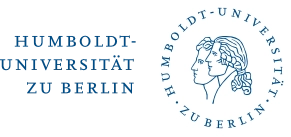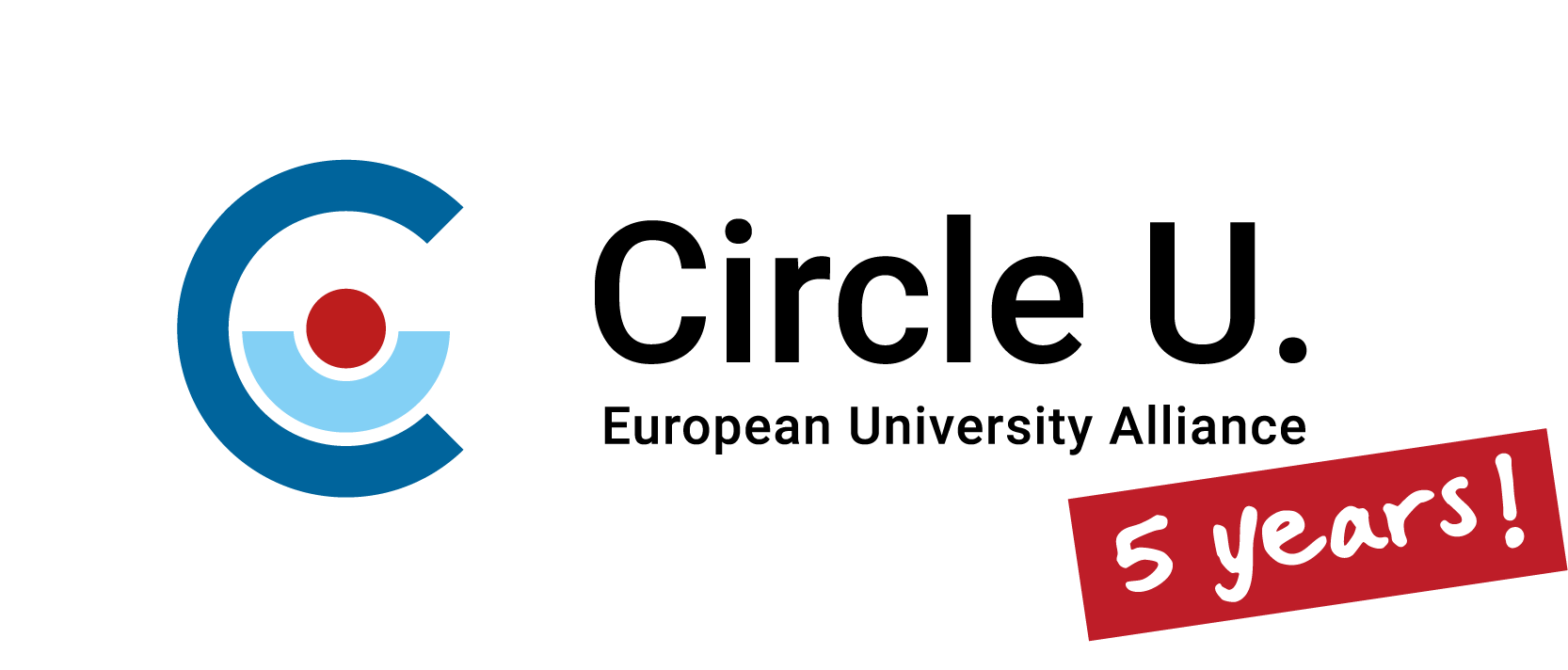GoodQ – Good Question!
Led by Prof. Christine Parsons (Aarhus University) with partners at the University of Oslo, the IT University of Copenhagen and the Australian National University, GoodQ addresses a surprisingly overlooked aspect of academic life: how we ask questions.
In classroom discussions or after research presentations, questions shape academic dialogue but for many, especially women and minorities, speaking up in Q&A sessions can feel intimidating or even hostile. GoodQ tackles this by developing a practical workbook and digital phrasebank to support inclusive participation.
The project will bring together international researchers and a graphic facilitator in a workshop that will be hosted at Aarhus University. The workshop's goal is to make visible the subtle dynamics, such as feeling dismissed, ignored, or undermined, that can create exclusion, via concrete examples that can be illustrated graphically.
CRIP ME – Cripping Ethnographic Research Methods
This project, led by Prof. Alice von Bierberstein (Humboldt-Universität zu Berlin) in collaboration with the University of Vienna, aims to support networking among disabled researchers across and beyond Circle U. and to collectively explore and advance inclusive, multimodal, and experimental ethnographic research methodologies.
The project spans five phases, including a reading group, expert-led workshops open to students and scholars, and a research-based seminar for MA students. It will culminate in a digital open-access toolkit, preserving the innovative methods explored throughout and providing a long-term resource for inclusive research across disciplines.
BRIDGE – Building Resilience, Inclusion & Diversity for the next Generation in Education
Mental health in academia is a growing concern, especially for early-career researchers from minority backgrounds. BRIDGE, led by Keitly Mensah (Université Paris Cité) in collaboration with Aarhus University and UPC Barcelona, aims to address these disparities by creating a network of early-career researchers within the Circle U. Alliance, offering support and resources as they navigate academic life.
The project unfolds in three phases. First, it will establish the network through targeted outreach and a survey to identify needs and priorities. Next comes an ambassador training programme for 50 selected participants, equipping them with the skills to navigate discrimination, promote inclusion, and support mental wellbeing. In the final phase, ambassadors will produce podcasts, toolkits, and organise local events, leaving a lasting impact within their universities and beyond. All resources will be shared via Circle U.’s platforms, ensuring accessibility and visibility.









